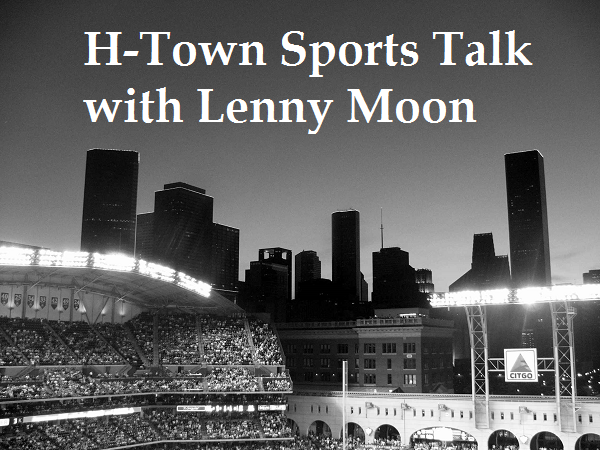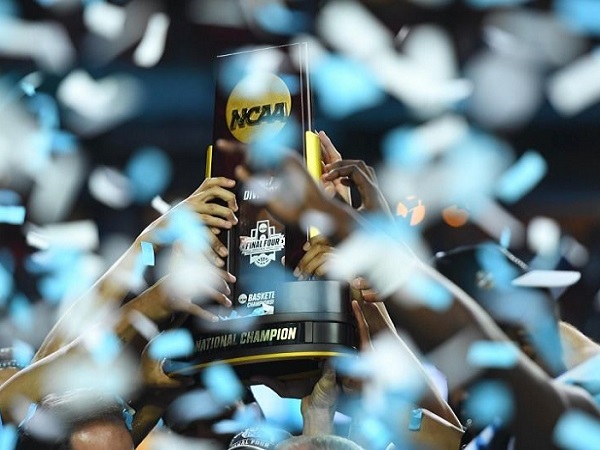From Judge and former Commissioner Kenesaw Mountain Landis to Curt Flood, organized baseball has a storied history as well as a complicated one when it comes to player rights and team control. Baseball players have gone from Elysian Fields to Sandlots to beautifully constructed ballparks as a place to practice and perfect their craft. In the past, the clubs essentially controlled baseball players indefinitely, while Justice Oliver Wendell Holmes secured organized baseball’s antitrust exemption and Curt Flood along with Marvin Miller challenged the status quo. (Federal Base Ball Club of Baltimore, Inc. v. National League of Professional Base Ball Clubs et al., 259 U.S. 200 (1922); Flood v. Kuhn, 407 U.S. 258 (1972).
In February 2018, the Major League Baseball Players Association filed a grievance against the Miami Marlins, Oakland Athletics, Pittsburgh Pirates and Tampa Bay Rays alleging these specific franchises had not used their revenue-sharing money to advance team salary through the purchase of available free agent contracts during the offseason. While the facts of that matter are yet to be argued and decided, one thing is certain; Major League Baseball did not collude this offseason in neglecting to sign available free agents. Here are the three reasons why.
- Market Analytics
Made popular by Moneyball via author Michael Lewis, Athletic’s front office executive Billy Beane and actor Brad Pitt, baseball teams have invested heavily into front office talent with mathematics and economics degrees. Major League clubs got smart by looking to analytics to determine a player’s performance and potential by looking at different statistics in an effort to draft, control and trade for young, inexpensive talent. In a reach to the past, teams have realized that to survive season after season, they must have deep farm systems as a foundation. Money does not buy everything and never has, especially in baseball.
- Luxury Tax Changes with the New CBA
Per Maury Brown with Forbes.com:
“Luxury Tax offenders and the draft: Beginning in 2018, clubs with a payroll $40 million or more above the Tax Threshold shall have their highest selection in the next Rule 4 Draft moved back 10 places, except that the top six selections will be protected and those Clubs will have their 2nd highest selection moved back 10 places.”
With the above in mind, nothing motivates a club more to keep its salary under a certain point than being taxed at a higher rate and losing your place in one type of draft or another.
- 2019 Free Agent Class
Knowing that a club would want additional resources to pay for its developing players in its own farm system as they approach free agency and that the club would be subject to higher tax penalties for multiple years of non-compliance playing above the threshold, it makes sense clubs would reserve resources for the 2019 free agent class that includes Bryce Harper, Clayton Kershaw, Manny Machado and Josh Donaldson, among many more.
The market generally drives the cost of talent, not collusion.
























